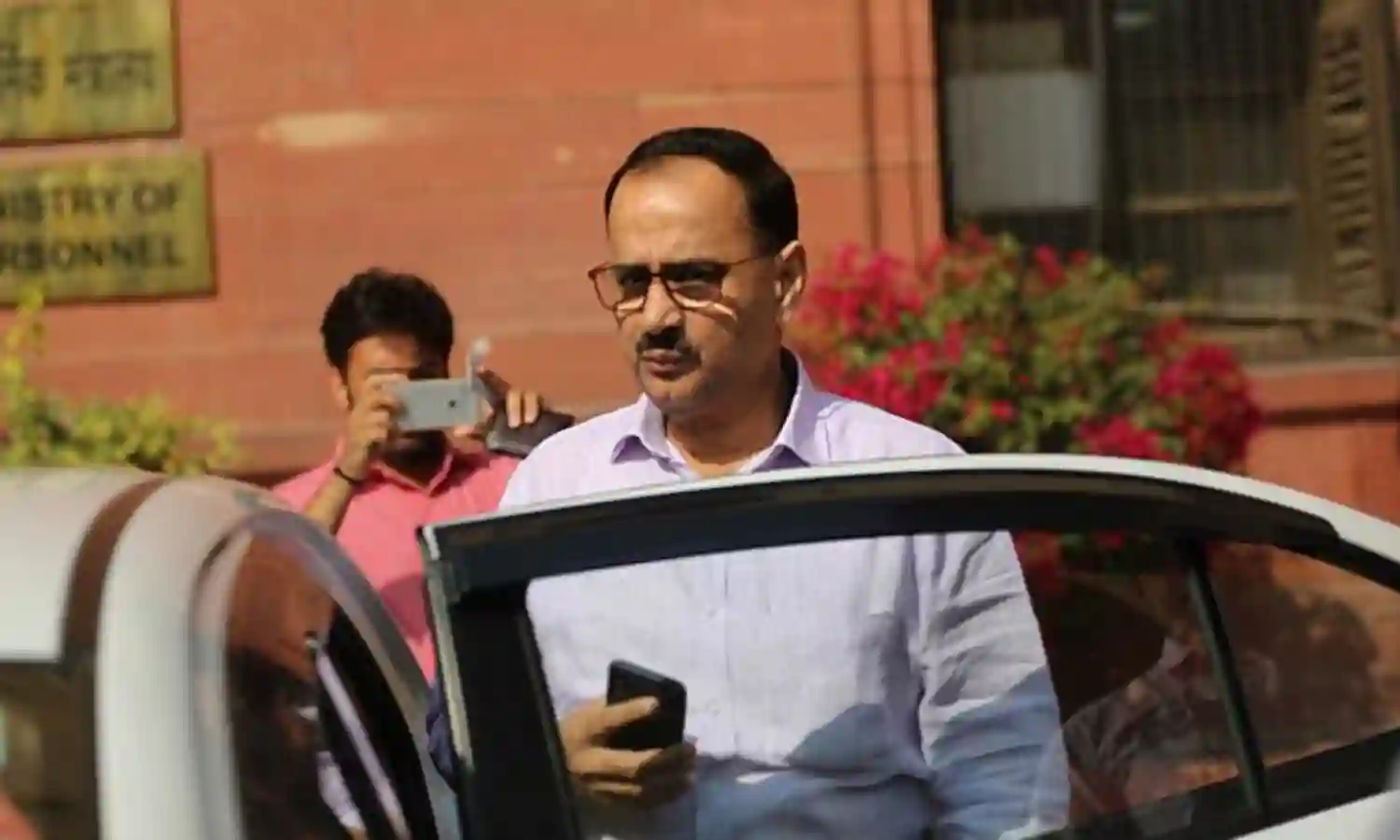CBI: An Overnight Operation Gone Sour?
Supreme Court steps in

The Supreme Court stepped in on the CBI controversy today. And set out directions that are being interpreted by sections of the Opposition as a major setback for Prime Minister Narendra Modi and his team. The apex court, while hearing the Central Bureau of Investigation case, stepped in to right many a wrong that had the Opposition parties out in the streets today.
One, the SC brought the enquiry by the Central Vigilance Commission against CBI Director Alok Verma under the purview of one of its former judges AK Patnaik who will now be supervising the inquiry.
Two, it ruled that Nageshwar Rao appointed by the government in place of Alok Verma,--in what the government now claims is an “interim measure”--cannot take any policy decisions and can at best oversee the functioning of the agency. And to ensure that this is not breached the court has asked all decisions that Rao might have taken since his midnight installation as “interim” CBI director be given to it in a sealed envelope before the next hearing fixed for November 12,
Three, it set a time frame for the inquiry report to be submitted within two weeks before the next hearing.
The court also rejected a petition filed by the CBI Special Director Rakesh Asthana who had locked horns with Director Alok Verma challenging the leave order as well, as it was clearly a last minute decision.
The government had effected the dramatic changes, that constituted an order to Verma and Asthana to go one leave; to instal Rao in Verma’s place as Director that it stated was ‘interim’ later when the matter was taken to court; and transfers of CBI officials perceived to be “close” to Verma and those who had been working with him in the investigations against Asthana. Asthana, incidentally, has been reported by the media as close to PM Modi, a Gujarat cadre officer who was brought into the CBI and tipped to succeed Alok Verma after his retirement end year.
The Supreme Court’s firm action has placed the government in the dock over India’s premier investigating agency. The checks imposed by the Supreme Court have ensured that the CVC power to inquire into the charges against Verma are supervised by a former judge of the apex court; and that the interim director cannot take any policy decisions insofar as the CBI is concerned. The court ruling thus is to ensure one, a fair enquiry now and two, restrain Rao from acting outside the tight jurisdiction imposed by the Supreme Court.
This is a major blow for the government, with the Supreme Court order being hailed by the opposition. The Congress had been protesting against the government action, claiming that it was prompted by government fear of a possible CBI inquiry into the Rafale deal. While there is no confirmation of this, it is a fact that Prashant Bhushan, Yashwant Sinha and Arun Shourie had met Alok Verma earlier with their complaint about what they have described as the “biggest scam” in India’s defence history. The government, according to media reports, was not happy about this meeting.



